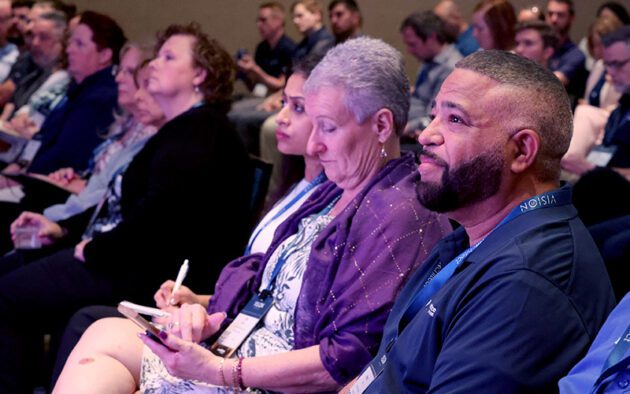California law grants employees more rights than any other state in the country, which, unfortunately, leads to many legal violations by employers doing business there. One of California’s most frequently violated employment laws is its meal break rule, requiring employers to provide non-exempt employees with mandatory meal breaks during their workday. This highly detailed legislation can lead to costly lawsuits and fines if not properly followed. Here are several key components of California’s general meal break requirement employers should know about to remain compliant:
General Meal Break Rule
Employers may not require non-exempt employees to work for more than five hours per day without providing them with a 30-minute unpaid meal break. This off-duty meal period should begin no later than four hours and fifty-nine minutes into an employee’s shift. A second 30-minute off-duty meal break must be granted for all workdays an employee works more than 10 hours.
Off-Duty Meal Break Conditions
Employers must provide employees with a reasonable opportunity to take an uninterrupted 30-minute meal break. This legal obligation is satisfied if, during the meal period, the employer relieves the employee of all duties, relinquishes control over the worker’s activities, and does not impede or discourage the employee from taking a compliant break.
Waiver of Meal Breaks
Employees may waive their first 30-minute meal period if the workday will be completed in no more than six hours, provided the employer and employee voluntarily agree to the waiver. The second 30-minute meal break can be waived only if the total hours worked on that workday do not exceed 12, the employee and employer mutually consent to the waiver, and the first meal break of the day was not waived. It is best practice to put any waivers in writing.
Missed Meal Periods
Employees must be paid one hour of pay at their regular rate of compensation, known as a meal period premium, for each workday they are not provided with a legally compliant meal break. “Regular rate of compensation” means the same thing as “regular rate of pay” when calculating overtime premiums under California law. Fortunately for employers, only one meal period premium is imposed each day even if a worker misses both meal breaks. Unfortunately for employers, however, the California Supreme Court recently held that employees who successfully sue to recover unpaid meal premiums are entitled to derivative wage statements and waiting time penalties under the Labor Code.
On-Duty Meal Breaks
Employers may provide an employee with a 30-minute on-duty meal break without owing a meal period premium but only in limited circumstances. On-duty meal breaks are allowed when the employee’s work prevents them from being relieved of all duties, the worker agrees in writing to it, the employee is paid, and the on-duty period can be revoked in writing by the employee at any time. On-duty meal periods are rarely upheld when challenged by an employee.
Recording Meal Breaks
Employers must maintain a record of start and end clock times for each meal period. It is insufficient to merely demonstrate that the worker took a half-hour meal break—the timecard must show the precise clock times.
Training or Meetings During Meal Periods
Some employers provide training or hold meetings with employees during scheduled meal breaks. Even if employees are given a meal during this training or meeting, this is still considered working time for which they must be paid their regular rate of compensation and meal period premium.
Final Thoughts
There are general exceptions to these meal break rules for particular industries in some California Industrial Welfare Commission Wage Orders. Nevertheless, California employers should be cognizant of providing nonexempt employees with legally compliant meal breaks in terms of timing, duration, relief of duties, and waivers. They should also create a workplace culture of having workers take meal breaks instead of skipping them. Failing to do so can lead to premium pay being owed and costly penalties and litigation.
Learn more about how WorkForce Software can help keep your organization compliant.






